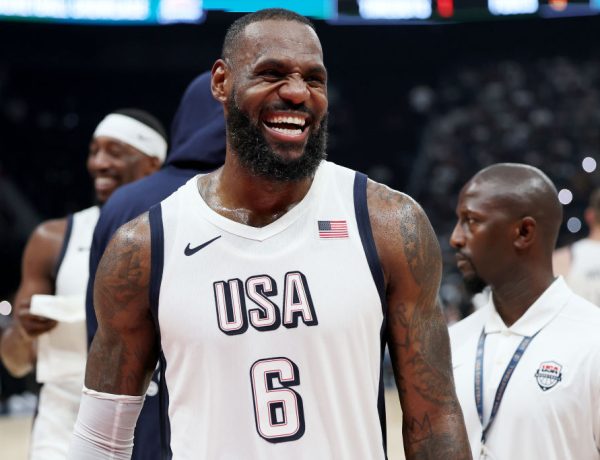The National Basketball Association (NBA) is not only one of the most popular sports leagues globally, but it is also one of the most lucrative. Over the years, the league’s net worth has surged due to increased media rights deals, sponsorships, merchandise sales, and international expansion.
As of recent estimates, the NBA’s net worth, or more accurately, overall valuation sits between $90 billion to $100 billion, making it one of the richest sports organizations in the world. Here, we’ll dig deep into what made the sports franchise a giant in the entertainment industry.
Factors Driving NBA’s Financial Success
Media Rights Deals
One of the primary drivers of the NBA’s net worth is its lucrative media rights deals. In 2014, the NBA signed a nine-year, $24 billion TV deal with ESPN and Turner Sports, setting a record for sports broadcasting at the time. As the league’s popularity continues to grow, especially internationally, the value of these media rights is expected to increase. The NBA is set to renegotiate its TV contracts in the coming years, and analysts project that the new deal could be worth over $75 billion, further boosting the league’s net worth.
Sponsorships And Partnerships
Sponsorships and brand partnerships also play a crucial role in elevating the NBA’s net worth. Global brands such as Nike, Gatorade, and Microsoft have long-standing relationships with the league. Nike, in particular, holds an exclusive uniform and apparel deal with the NBA, estimated to be worth more than $1 billion annually. The league’s partnership with brands not only generates revenue but also strengthens its global presence, contributing to its financial standing.
Franchise Values And Ownership Wealth
Team Valuations
Each of the NBA’s 30 franchises adds significantly to the league’s overall net worth. The average NBA team is worth over $2 billion, with the New York Knicks, Los Angeles Lakers, and Golden State Warriors being the most valuable teams, each valued above $5 billion. These valuations reflect not only the teams’ on-court performance but also their market size, brand value, and ability to generate revenue from ticket sales, merchandise, and local TV deals.
Wealthy Owners
The financial power behind the NBA also comes from its team owners, many of whom are billionaires with vast business empires. For example, Steve Ballmer, owner of the Los Angeles Clippers, is one of the wealthiest owners in sports with an estimated net worth of over $100 billion. The wealth of NBA owners often allows teams to make significant investments in player salaries, state-of-the-art arenas, and other facilities, which in turn boosts franchise value and the league’s overall net worth.
Player Salaries and Endorsements
High Salaries
Of course, one contributing factor to the NBA’s net worth (or market valuation) is the staggering salaries of its players.
NBA players are some of the highest-paid athletes in the world. Superstars like LeBron James, Stephen Curry, and Kevin Durant earn tens of millions in salary each season. The NBA’s collective bargaining agreement, which allocates a significant portion of the league’s revenue to player salaries, ensures that athletes benefit directly from the league’s growing net worth.
Endorsements
Many NBA players also have lucrative endorsement deals that contribute to their wealth and the overall financial ecosystem of the NBA. For example, LeBron James’ lifetime deal with Nike is rumored to be worth over $1 billion. These deals help expand the NBA’s global reach and attract more revenue, enhancing the league’s financial strength.
The NBA’s net worth, or rather its market cap, is a reflection of its widespread popularity, savvy business deals, and global appeal. With media rights set to increase and international markets continuing to grow, the league’s financial future looks brighter than ever. Both the franchises and players stand to benefit from the ongoing expansion, solidifying the NBA as one of the most valuable sports leagues in the world.





